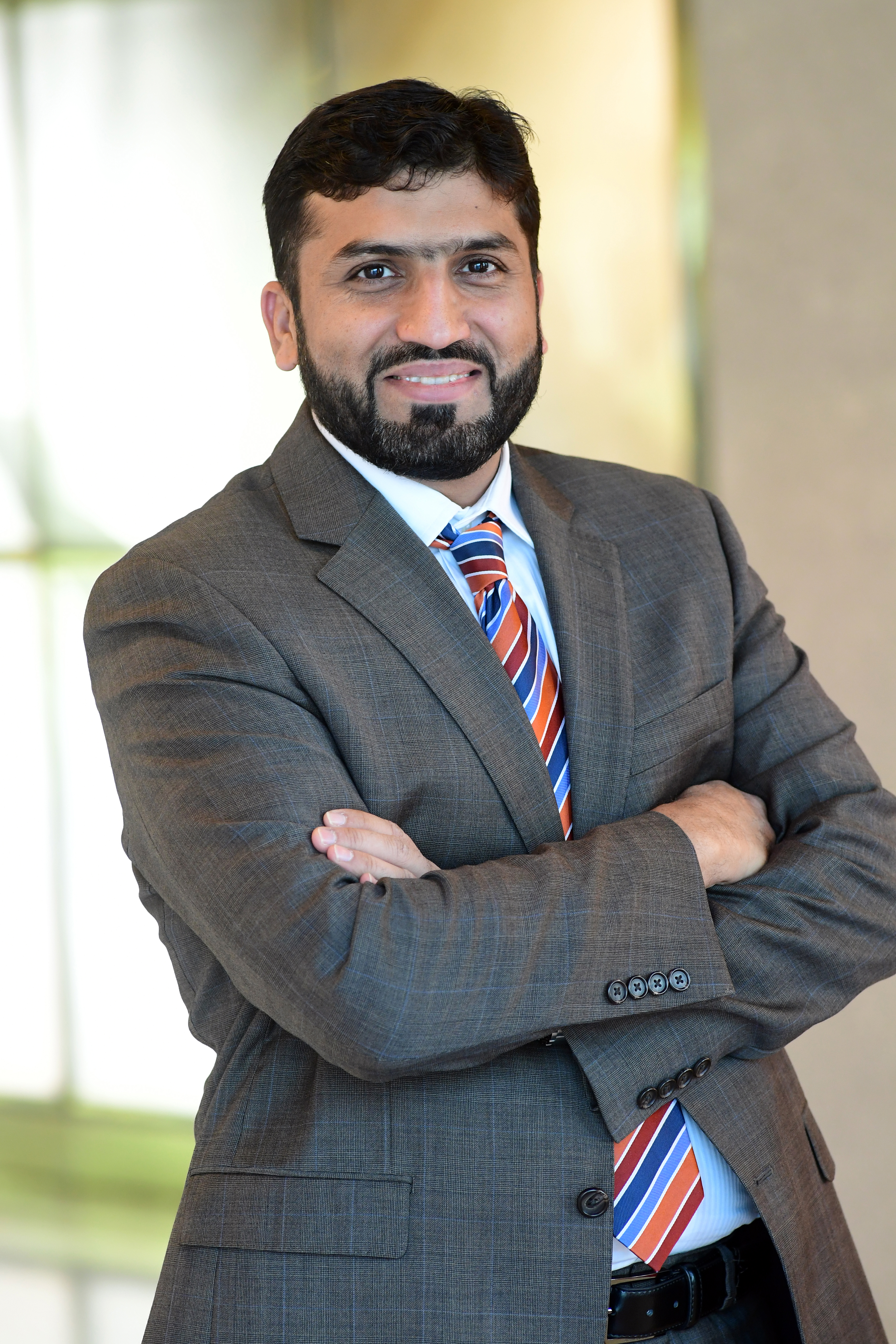As the first member of staff to be employed at VIVA, Muhammad Ayub, Director for Business Support Systems, has seen the company make rapid progress in its first decade. Intelligent CIO talks to him about the transformation of the telecommunications industry, the biggest challenge presented by 5G and empowering team members.
Muhammad Ayub was the first employee to be hired by VIVA (Kuwaiti Telecommunications Company). He was one of the key members of the launch team at VIVA to set up the operation in 2008. His efforts were key in enabling VIVA to have a successful and timely launch.
The business, a subsidiary of Saudi Telecom Company, has now passed a decade of commercial operations in Kuwait.
VIVA has made rapid progress in the last decade. It now has around 2.5 million customers and more than 500 employees on the payroll – with an additional 250 more employed in outsourced operational roles.
Since 2008, the company holds a sizeable market share of 32%, with 99% coverage of residential areas of Kuwait offering customers the most innovative solutions.
Ayub is Director for Business Support Systems. He is responsible for planning, implementation, operation and performance of IT applications. In addition to that he is also involved in several strategic initiatives and transformation projects.
Apart from technical responsibilities, his other skills include interacting with internal business units to provide support for business operation and KPI/SLA assurance.
He is a commercially astute senior techno-business leader with more than 18 years of cross-domain experience in corporate sectors such as FMCG, telecom and governmental bodies.
Ayub has a proven track record at leading large and complex projects that involve different aspects of technology implementation, transformation, planning, budgeting and operations.
He is responsible for Capex/Opex budgets to the tune of US$ 50million and has a solid history in
managing large international vendors.
Intelligent CIO spoke to him about changes in the telecommunications industry, the progress of 5G and his managerial style.

What have the main changes been in your industry in the last 10 years?
There have been a number of significant changes as a matter of fact. During the first decade of the 21st century, mobile operators were primarily responsible for providing voice and SMS services.
The launch of the iPhone in 2007 by Apple altered the landscape dramatically. The implosion of smart phones, tablets, wearable gadgets etc revolutionised the mobile industry.
Mobile broadband quickly grew from a niche segment to a ‘must have’ for the general masses. Operators had to keep pace with these rapidly changing ecosystems. Users are getting more and more demanding and knowledgeable.
With the launch of mobile number portability in Kuwait in 2013, no operator could afford to take its customers for granted. The era of complacency was over.
There have been significant changes because we have seen that our industry is relying on the technology 100%.
In the last 10 years we have seen tremendous changes in technology starting especially when we moved from 3G to 4G and now we are moving from 4G to 5G.
So the entire landscape has changed. It is entirely impacting on our business. Primarily the business is relying more on the data. The entire ecosystem is shifting now.
For a time the telcos were primarily focussing on the consumer now they need to focus on enterprise businesses to explore new verticals for business and revenue.
What are the major factors that you’ve learnt from your organisation?
In my job, I need to keep a cool head or risk a quick burn out. A few minutes outage in BSS systems causes huge disruption for any operator. So the first thing I would say I have learnt in VIVA is to stay composed and in control at all times.
VIVA has a culture of trust and empowerment, they very highly value integrity and commitment. I believe my management style has imbibed these values over the years.
One of the things I have learnt is how the organisation has transformed, starting from greenfield and launching as the third mobile operator.
At that time the mobile penetration was among the highest in the region. I learnt how to be innovative and dynamic in an environment where a lot of technological changes were coming. This involved bringing in new solutions without impacting our existing business.
As a matter of fact we became the first operator in network speed and become an innovative leader in the region that introduced several technology initiatives particularly 4G/LTE and full real time Convergent Billing System.
I learnt how new projects were being rolled out and how the challenges were being taken.
Could you describe your managerial style?
I focus on the team. I need to empower them and delegate and give them all possible support so they can perform their duties.
For me as a manager at a personal level I am technical but at the same time I look at the task from a business perspective – I am a risk taker as well. I believe in innovation and exploring the new technology.
For my team I empower them. I trust them and give them direction to work collaboratively with all stakeholders and team members.
My job is to enable technology to facilitate business so for that reason I have to very much be a team player to interact with all the business stakeholders like finance, marketing and sales to interact with them to see what their requirements are in terms of the evolving business.
I have to be very adoptive and agile rather than just be bureaucratic. So being a team player is critical to my managerial style.
How far has 5G progressed in the region?
I think all three of the main operators are working actively and aggressively on the rollout of 5G.
At VIVA there is significant emphasis to be amongst the first players to capitalise on 5G. We already have significant numbers of sites developed so we are more than half of the way there. We are progressively working on the use cases because there are a few challenges with 5G.
One is the technology itself and secondly the use cases because 5G is different from 4G and 3G because still with 4G the technology was relying on the network speed. But with 5G the dynamics are totally changed, the speed is only one component of the entire technology landscape.
However, it is opening a lot of other doors like IoT and smart devices. There will be a tremendous number of devices that will be connected to the network. That will bring a lot of challenges that any operator needs to manage. The biggest challenge for an operator is how they would be able to monetise 5G.
5G is about how you transform this speed and technology into service and from service into revenue. In this respect my department is crucial because if you want to monetise 5G you have to have an efficient business support system in place to monetise all of this investment.
Click below to share this article

